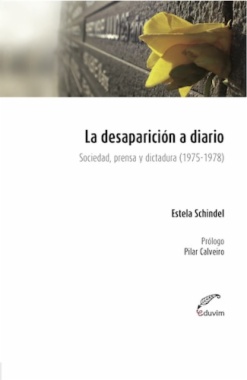
Estás filtrando por
Se encontraron 1869 resultados en recursos

¿Qué leían los argentinos en el diario mientras tenían lugar las desapariciones? ¿Es posible identificar en la prensa las condiciones sociales que las hicieron posibles? ¿De qué manera en la sociedad se banalizó la muerte y se estigmatizó a los llamados subversivos de manera que el exterminio no provocara indignación? ¿Cómo se los desapareció colectivamente antes aún de su secuestro y asesinato? Este libro realiza una minuciosa lectura de la prensa durante el terrorismo de Estado y expone su cotidiano acompañamiento a la masacre ? invisible? de la desaparición forzada. Al mismo tiempo, ayuda a...
Fuente:
Digitalia
Formatos de contenido:
Libros
Compartir este contenido
La desaparición a diario
Copia el enlace o compártelo en redes sociales
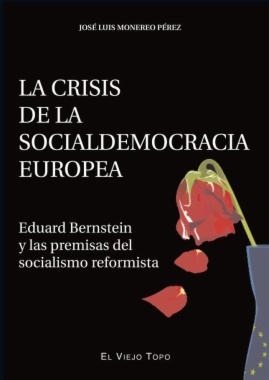
La crisis de la socialdemocracia europea
El revisionismo originario trataba de afrontar la ya entonces considerada "crisis del marxismo", e intentó hacerlo desde el interior del marxismo. Bernstein defendía una vía democrática hacia el socialismo, revalorizando el papel de la lucha política en la dirección de ese proceso eminentemente político. Una acción política que no era para él una simple variable dependiente de la economía, del desarrollo de las fuerzas productivas. Frente a ese determinismo del espacio de la política por lo económico, se defiende el papel de la organización y acción política como mecanismo para alcanzar dicha...
Fuente:
Digitalia
Formatos de contenido:
Libros
Compartir este contenido
La crisis de la socialdemocracia europea
Copia el enlace o compártelo en redes sociales

¡Américas unidas!
Las contribuciones destacan diferentes facetas de las amplias operaciones de la OIAA, pero se centran en aquellas actividades que tenían como objetivo influir en la opinión pública en apoyo de los objetivos generales de la política estadounidense.
Fuente:
Digitalia
Formatos de contenido:
Libros
Compartir este contenido
¡Américas unidas!
Copia el enlace o compártelo en redes sociales
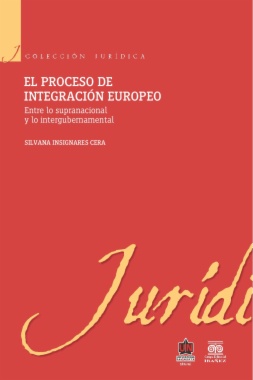
El proceso de integración europeo
Esta obra, dirigida a estudiantes de Derecho, Ciencia Política y Relaciones Internacionales, describe el proceso de integración vivido en Europa desde el punto de visto jurídico, analiza cuál ha sido el desarrollo intergubernamental y supranacional en dicho contexto de integración y revisa la jurisprudencia del Tribunal de Justicia de la comunidades europeas y su incidencia en la formación del derecho comunitario. Estos temas cobran vital importancia en la medida en que la Unión Europea es el modelo de integración política más avanzado que existe a nivel mundial y se constituye en el marco obligado...
Fuente:
Digitalia
Formatos de contenido:
Libros
Compartir este contenido
El proceso de integración europeo
Copia el enlace o compártelo en redes sociales
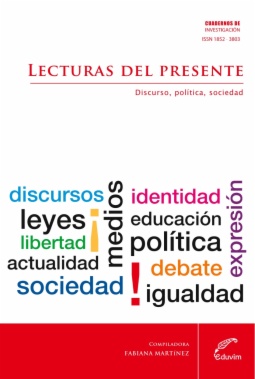
Lecturas del presente
Este libro reúne un conjunto de artículos que indagan críticamente sobre la dimensión discursiva de distintas problemáticas-polémicas y actuales- como la relación entre técnica y política, las nuevas categorizaciones en torno al Estado y la pobreza, los estigmas que circulan en torno a ciertas identidades sociales (jóvenes, inmigrantes) y las modalidades de intervención de algunos discursos mediáticos en el contexto del debate de la nueva ley de medios.
Fuente:
Digitalia
Formatos de contenido:
Libros
Compartir este contenido
Lecturas del presente
Copia el enlace o compártelo en redes sociales
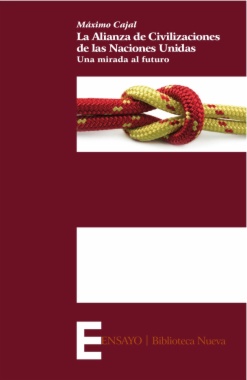
La alianza de Civilizaciones de las Naciones Unidas
Una Alianza de Civilizaciones de las Naciones Unidas fue la respuesta ética y política del presidente del Gobierno de España a los atentados terroristas de marzo de 2004 en Madrid y a la amenaza global de un choque de civilizaciones. Una propuesta, la suya, en las antípodas de la "guerra contra el Terror" decretada en 2001 por la Administración Bush, y de su colofón, la invasión de Irak.
Fuente:
Digitalia
Formatos de contenido:
Libros
Compartir este contenido
La alianza de Civilizaciones de las Naciones Unidas
Copia el enlace o compártelo en redes sociales

Vida de Carlos III
"Después de haber superado gloriosamente nuestro Monarca, el Sr. D. Felipe V, todos los obstáculos que se opusieron a sus justos derechos a la Corona de España, y de haber asegurado la sucesión a esta monarquía con dos hijos, Luis y Fernando, nacidos de una princesa de Saboya que, por sus virtudes, talento y conducta debiera haber sido inmortal, quiso la Providencia probar la constancia y resignación de este gran monarca arrebatándola de su lado. No obstante el justo dolor que ocasionó a este Soberano su pérdida, haciendo nuevamente uso de aquella firmeza que tenía tan acreditada a la nación entera...
Fuente:
Digitalia
Formatos de contenido:
Libros
Compartir este contenido
Vida de Carlos III
Copia el enlace o compártelo en redes sociales
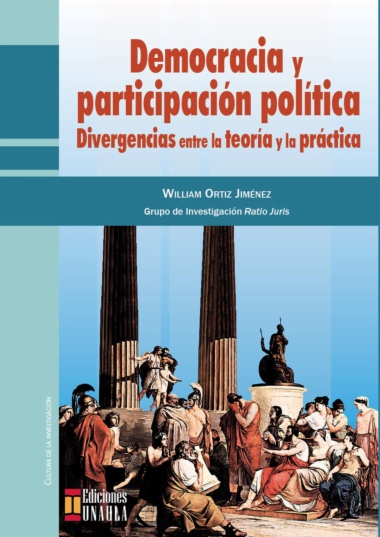
Democracia y participación política
Fuente:
Digitalia
Formatos de contenido:
Libros
Compartir este contenido
Democracia y participación política
Copia el enlace o compártelo en redes sociales
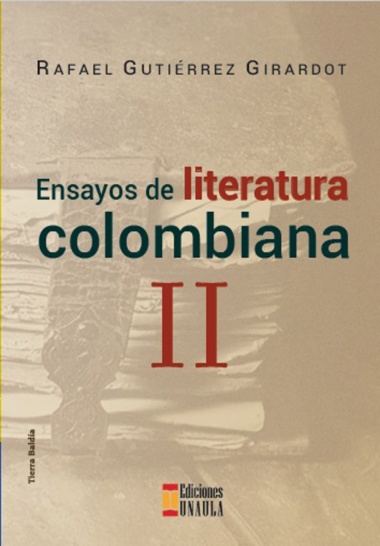
El Estado, ¿existe todavía?
.
Fuente:
Digitalia
Formatos de contenido:
Libros
Compartir este contenido
El Estado, ¿existe todavía?
Copia el enlace o compártelo en redes sociales
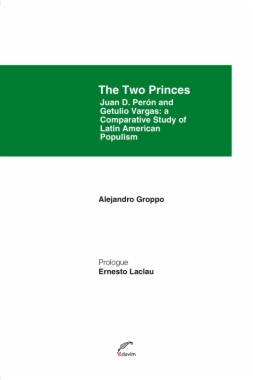
The Two Princes. Juan D. Perón and Getulio Vargas
Este libro es un estudio comparativo de la aparición política de Perón en Argentina y Vargas en Brasil. Busca describir y explicar cómo y por qué el peronismo y el varguismo fueron dos proyectos políticos diferentes. Utilizando las herramientas de la teoría del discurso político, este libro examina las implicaciones que Perón y Vargas tuvieron en la formación de las identidades políticas de los actores sociopolíticos en ambos países. El libro muestra en qué medida el carácter diferencial del proceso de formación de identidades políticas estuvo relacionado tanto con el contexto estructural en el que Vargas y Perón...
Fuente:
Digitalia
Formatos de contenido:
Libros
Compartir este contenido
The Two Princes. Juan D. Perón and Getulio Vargas
Copia el enlace o compártelo en redes sociales
Selecciona las Colecciones en las que vas a añadir el contenido
Para consultar los contenidos añadidos busca la opción Tus colecciones en el menú principal o en Mi perfil.
